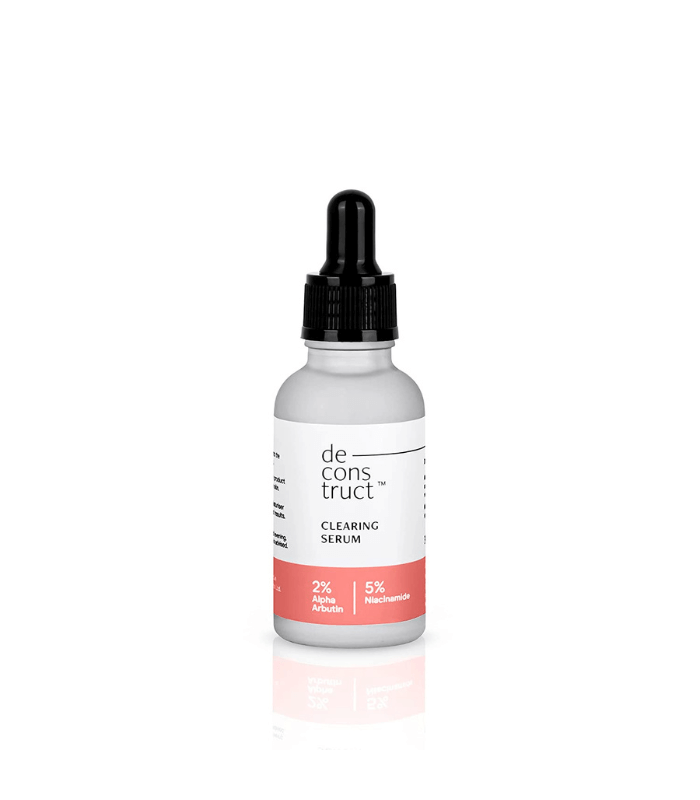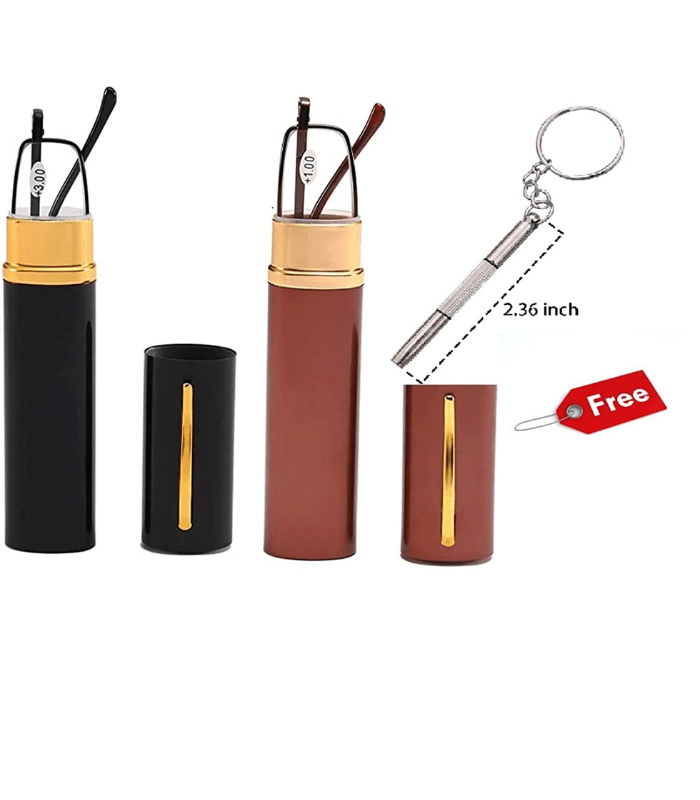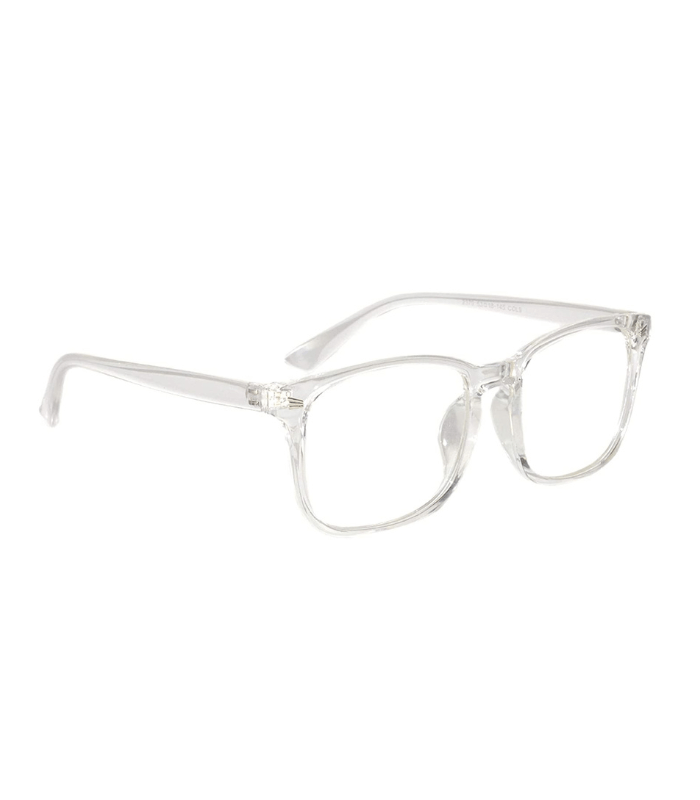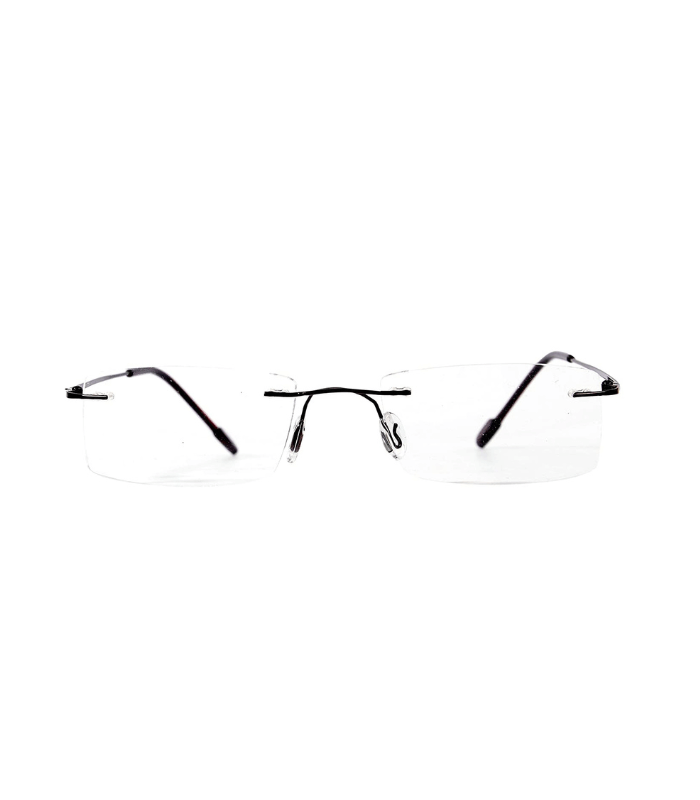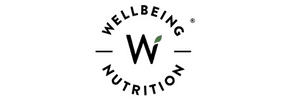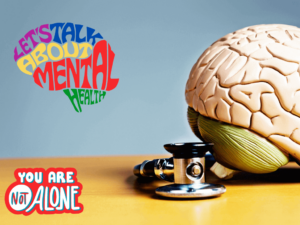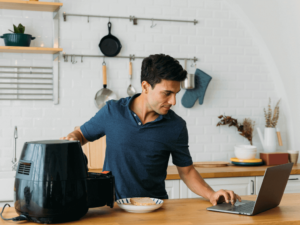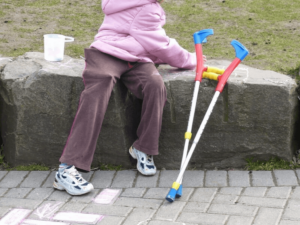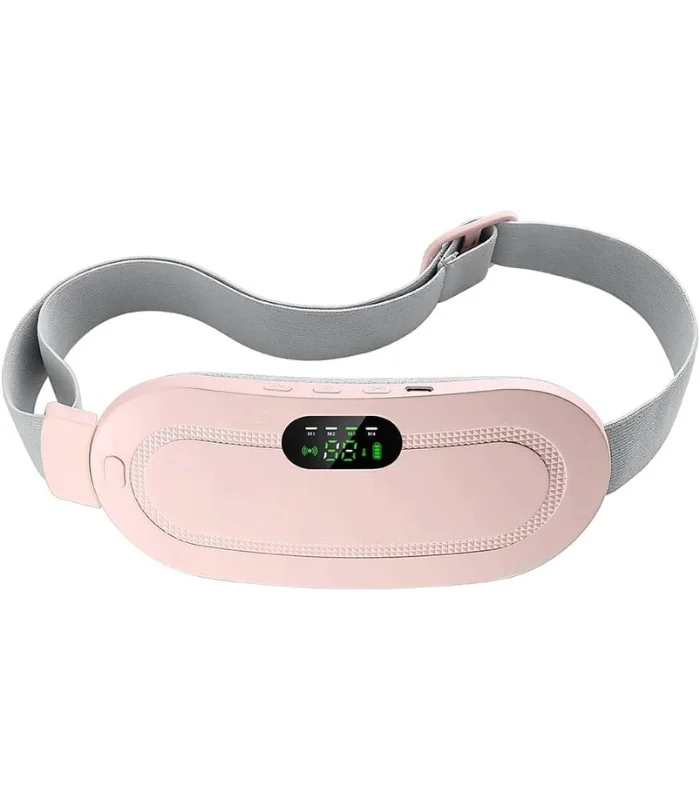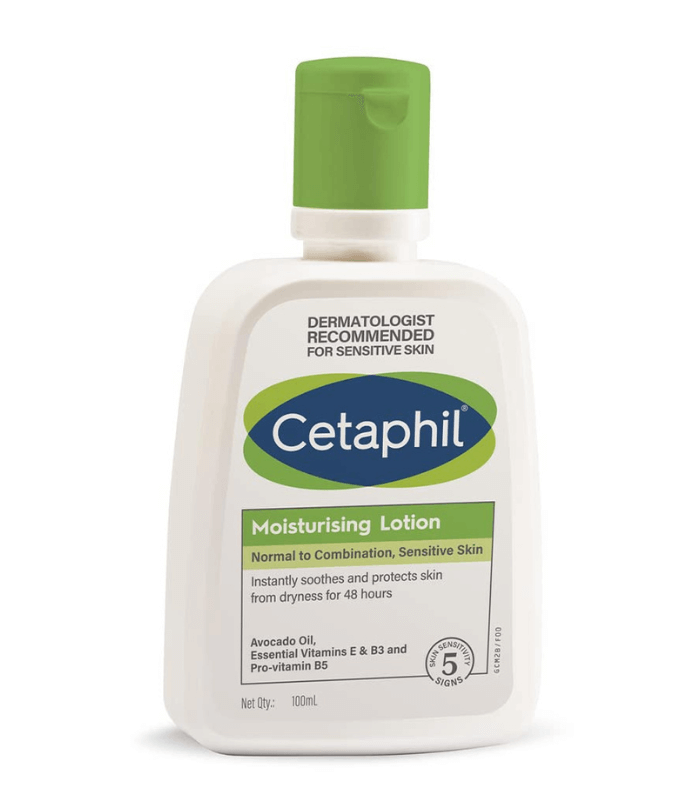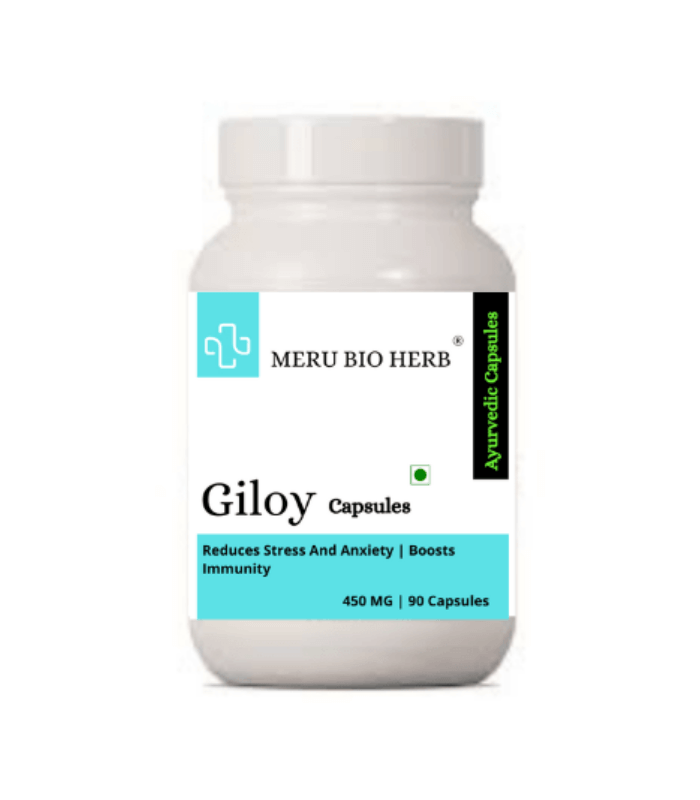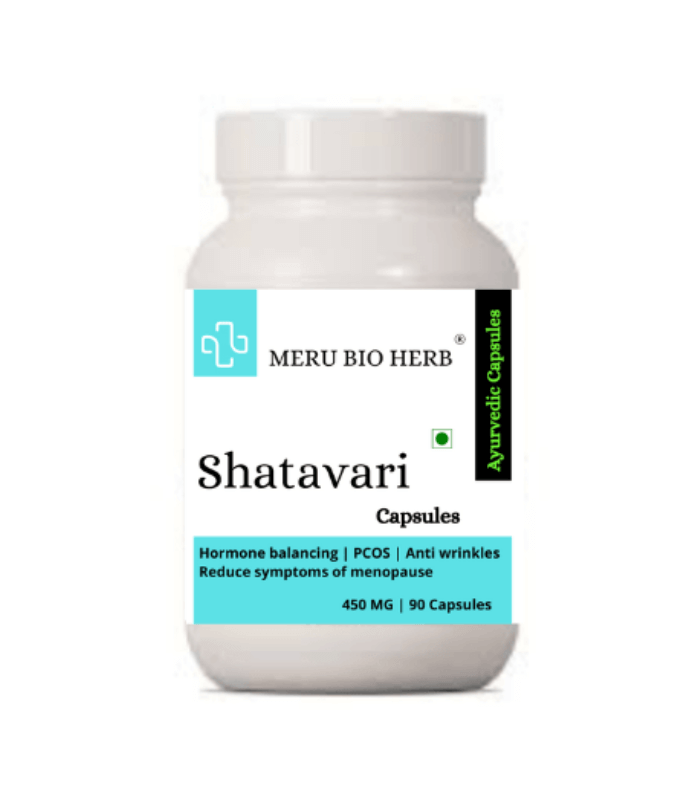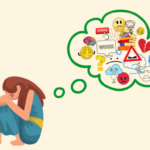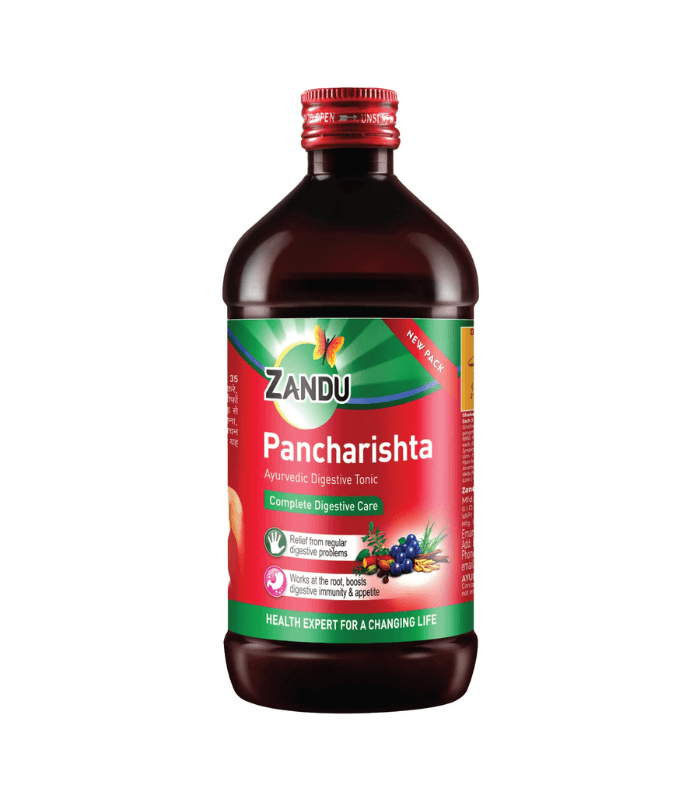One consumes medicine to improve health and wellbeing of all physiological systems. Multiple or frequent medication can make it difficult for remembering to take the right medicines at the right times, especially for people with busy schedules. Improper medication at times can decline the quality of health instead of improving it.
This is where management of medication comes in.
Why do we need to manage medication?
Non-adherence to proper medication has a drastic impact on overall healthcare.
- On an average, 50% of patients in the world do not take their medications correctly.
- An average of 7, 00,000 people experience adverse reactions to their medications that land them in the emergency rooms.
When we take a lot of medicine errors like missing a dose or overdose may easily happen, which can sometimes prove to be fatal and thus need effective management.
Medical management contributes to-
- Improved administration and use of medications
- Reduced side effects and drug reactions
- Decreased medical costs of hospitalization, excess medication
Learn about each medication
Medical-related problems can be avoided when patients, doctors, pharmacists and caregivers work as a cohesive care team. Learning about each medication can help in better management of medication regimen and avoid potential problems associated with it.
Questions to ask about medication!
- Why has this medicine been prescribed?
- How does this medicine work in the body?
- What are the most common side effects?
- Can it be consumed with food and beverages?
- What are the things that need to be avoided during the course of the medicine?
How do we manage our medication?
The key to successful management is organization. The following tips will help in timely and safe medication.
Use a pill organizer.
This can be useful when many different types of medicine need to be taken everyday. The compartments can hold each day’s worth medication. Keep a dosage schedule including a physical prescription along with it! The compartments must be sufficiently large to accommodate all the pills.
Use an application for setting reminders.
A wide range of applications available on smartphones can keep a record of the medication schedule. Reminders can alert us about which medicine and how much of it needs to be taken at what time, some even designed to relay information verbally.
Make a list of all medications.
The list must include name, frequency, dosage and side effects of various medicines prescribed. Also mention about the medicines that have been stopped or that produce allergies. Provide the list to doctors during appointment.
Check prescription labels often.
This helps to keep a check of the expiry dates of medicines and for timely refilling stock. One must remember to discard old medicines and refilling medicines from the pharmacy before running out. You can connect to our e-pharmacy where you can get great discount offers and pan India delivery on all medicine orders.
Incorporate medicines in your daily routine
Setting a schedule which goes along with day-to-day activities can prevent missing doses or consuming the wrong ones. This actually develops as a habit that goes a long way towards helping one remember medicines.
For example, take a pill immediately after you brush your teeth or just before you go to bed.
Storing medicines properly
Many medicines have storage instructions which may be general like storing in a cool and dry place or specific like needing refrigeration. It is advisable to clearly understand these conditions and avoid causing damage to medicines due to improper storage.
Follow the following steps for proper storage of medicines-
- Store all medicines in the originally dispensed packs
- Medication refrigerators must be clean and free of frost
- Medicines in the fridge should be out in an air tight container to prevent contamination from food.
- Keep the shelves/cupboards clean and tidy at all times to reduce the risk of error
- Keep all control drugs in a locked safe
- While travelling, it is important to ensure that medicines also travel safely along.
- When packing, we should take care about the following things-
- Store medication in the originally labeled container
- Carry a prescription of all medication to avoid problems at the border and facilitate drug identification in case of emergency.
- Do not try to save space by combining medication into a single container.
Common medicines with special storage requirements include insulin and liquid antibiotics. Insulin is stable at room temperature for 28-30 days and needs refrigeration if it is not used in that time period. Liquid antibiotics vary in their recommended storage conditions, some stored at room temperature or some being refrigerated.
Keeping a complete and precise medical record
It is essential that appropriate and legible medical records are kept with regards to all aspects of medical management. The record of a person must contain information about surgeries, immunization, tests, allergies, medications (if any) and complete family health history. The name of each drug, dosing information, reason for usage and doctor prescribing it must be carefully noted. This is of immense value in an event of emergency like drug interaction or overdose.
Many drugs like laxatives, pain relievers may interact with each other in the body and not function as intended or cause adverse side effects, which may be life threatening. Therefore, providing a complete medication list to the physician is crucial.
Take medication as prescribed- DO NOT self-medicate
In today’s time of awareness and internet, most of us browse for anything and everything, like looking for medicines and treatment for some discomfort on our own, without consulting a doctor. This is not a right practice as all details about the vast medical and health science cannot be learnt just by a click and may lead to negligence of small but important aspects.
Do not skip or increase doses or stop taking medicine without informing the doctor. One might get tempted to reduce or stop medicines as one starts feeling better or increase dosage or frequency when in pain, but this might deteriorate one’s health even further.
Disposal of medical waste
Effective medical waste disposal is the foremost way to prevent unwanted disease and untoward infection from medical wastes. Medical waste disposal can be handles in three broad steps- collection and segregation, storage and transportation, treatment and disposal.
The best practice for managing waste starts at the site of its generation. At our homes, we must use the right containers in practice.
Containers are color coded to help biomedical waste segregation-
- Red- sharp waste collection
- Black- hazardous waste collection
- Blue- pharmaceutical waste collection
- Yellow- trace chemotherapy waste collection
For those people who have medical bio hazardous waste at home, proper disposal is essential to protect oneself from a contaminated environment.
In a nutshell, management of medication consists of various small steps that must be taken care of while following a medication course to improve the quality of health for living a better life without unpropitious effects on oneself or on others and preventing contamination of the environment.
Speak to our highly trained professionals to learn more about management of medication and its benefits!
Stay home, stay safe!
#medicine #management #disposal #medicalrecord #pharmacy #doctorconsultancy #pillreminder #dosagebox #prescription #healthcare #wellness #clinqon_india


